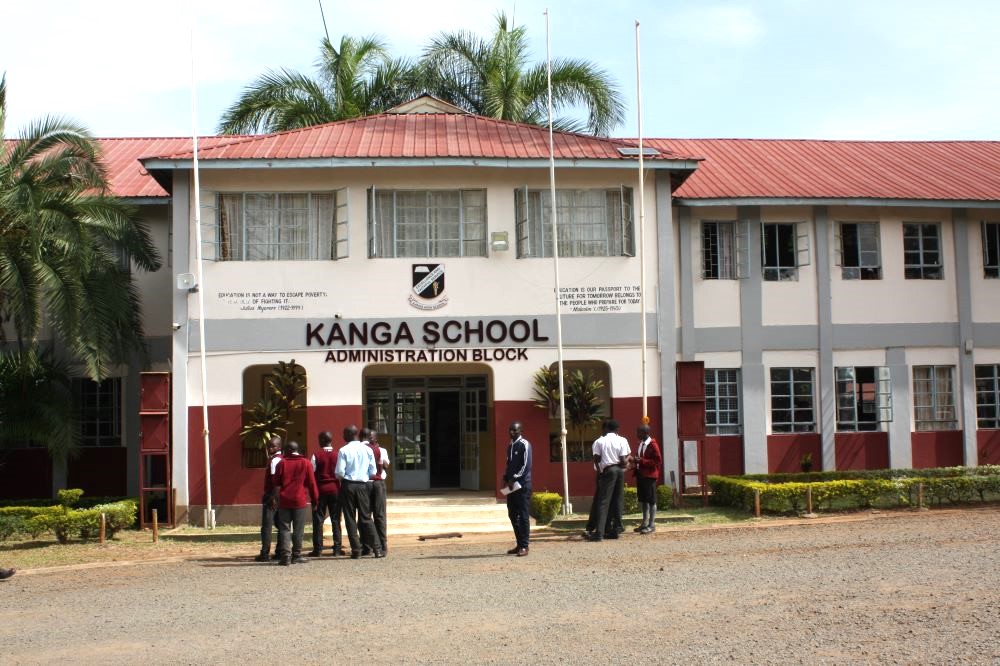TVET principals across the country have hailed ongoing reforms in the Technical and Vocational Education and Training (TVET) sector, describing them as transformative and key to equipping Kenyan youth with market-ready skills.
The principals made the remarks during a forum held at Kiambu National Polytechnic, which brought together heads of institutions, regional TVET directors, ministry officials, and CEOs from key sector agencies including the Curriculum Development, Assessment and Certification Council (CDACC), Kenya School of TVET, TVET Authority, and the Kenya National Qualifications Authority (KNQA).
The meeting sought to assess the progress of TVET reforms and strengthen collaboration among stakeholders to enhance quality training and alignment with industry needs.
Speaking on the sidelines of the event, Dr. Charles Koech, Chief Principal of The Eldoret National Polytechnic, said TVET reforms have now taken full effect across the country, with all institutions successfully implementing the Competency-Based Education and Training (CBET) model. He noted that Eldoret National Polytechnic has been at the forefront of driving these reforms.
ALSO READ;
Kenyatta University suspends student over alleged incitement, breach of college rules
“TVET training is working in every institution in Kenya. The rollout is 100 per cent,” said Dr. Koech. “We have moved progressively from the first cycle to the second after reviewing the curriculum, and now to the modularized CBET system, where employable skills can be trained within three months. With industrial training, trainees don’t have to complete the entire course if they choose not to, they can still join the workforce.”
He added that partnerships between institutions and industry players have been pivotal in ensuring relevance and employability.
“At Eldoret National Polytechnic, we have signed a Memorandum of Understanding (MoU) with the Jua Kali Federation Uasin Gishu Chapter, Bajaj Automobiles, Signet Institute of Australia, and the Uasin Gishu County Government to support training in various fields, including health specialities,” he said. “These collaborations are game changers that bring the industry perspective into our training programmes.”
ALSO READ;
Mystery surrounds death of 4 year-old boy as two children arrested in Rongai
The Principal revealed that his institution along with other TVET institutions have partnered with Sneider Electric to support greening in the colleges. The initiative aims to place vocational colleges as the heart of environmental conservation and promoter of clean energy.
Koech further hailed the GIZ Kenya partnership which has helped TVET institutions in Dual TVET programme and securing internships for technical trainees.
The Dual TVET programme, an educational approach that combines classroom learning with practical, on-the-job training, aims to bridge the gap between education and industry by partnering TVET institutions with employers, ensuring that graduates gain both theoretical knowledge and relevant, hands-on skills for the job market.
Wesley Sigei, Principal of Konoin Technical Training Institute (KOTTI), praised the modernization of TVET institutions and the strong linkages with industry, noting that these have significantly boosted graduate employability.
“Our institutions now have modern equipment that, in some cases, is even better than what industries use,” Sigei said. “We are developing our curriculum in collaboration with industry partners to ensure the skills we teach are market-relevant and aligned with current occupational standards.”
He added that the dual training system, combining classroom instruction with hands-on workplace experience, has been particularly effective in securing jobs for graduates.
“Through dual training, trainees gain both theoretical and practical exposure, which makes them job-ready upon completion. Many are also able to venture into self-employment,” Sigei noted.
The forum underscored the government’s commitment to positioning TVET as a cornerstone for Kenya’s socio-economic transformation by producing a skilled workforce capable of driving industrial growth and innovation.
By Mercy Kokwon
You can also follow our social media pages on Twitter: Education News KE and Facebook: Education News Newspaper for timely updates.
>>> Click here to stay up-to-date with trending regional stories
>>> Click here to read more informed opinions on the country’s education landscape






